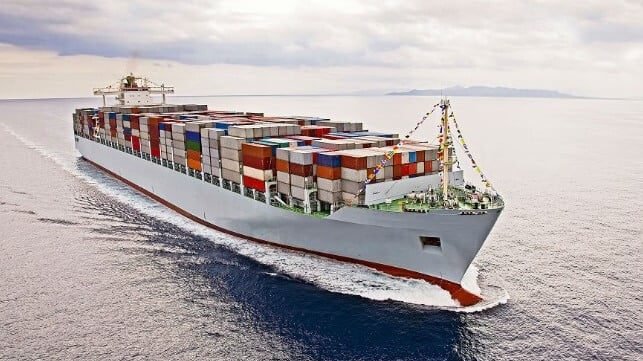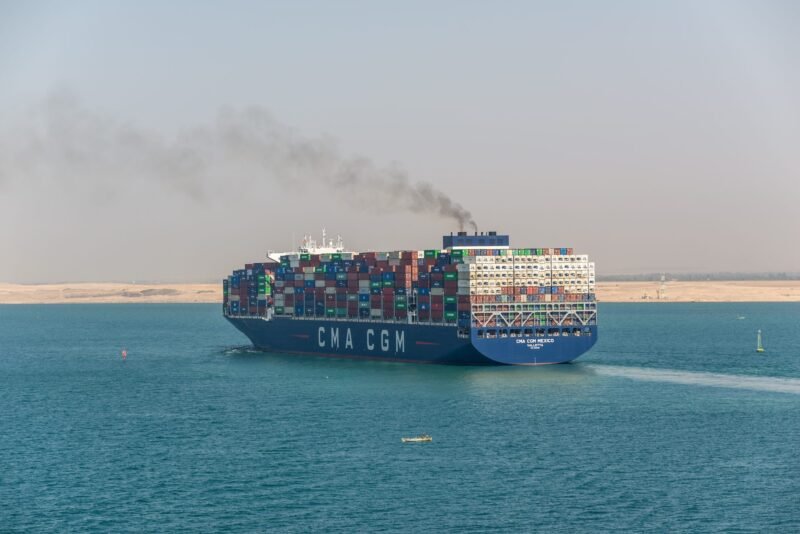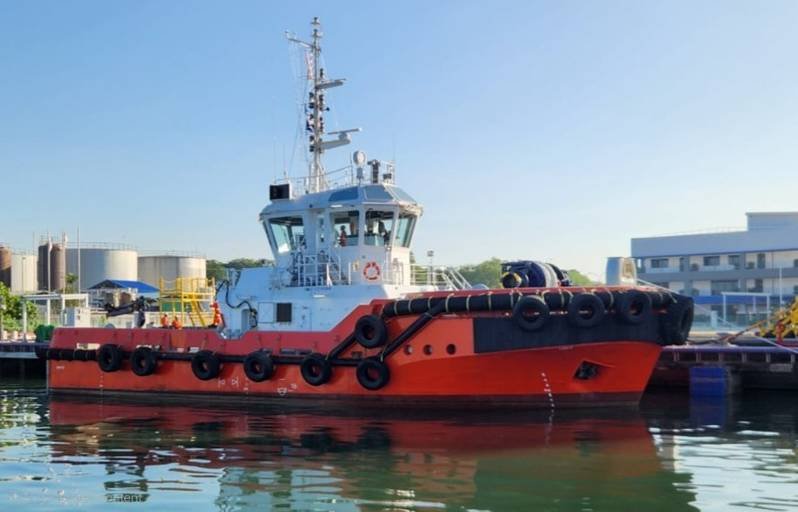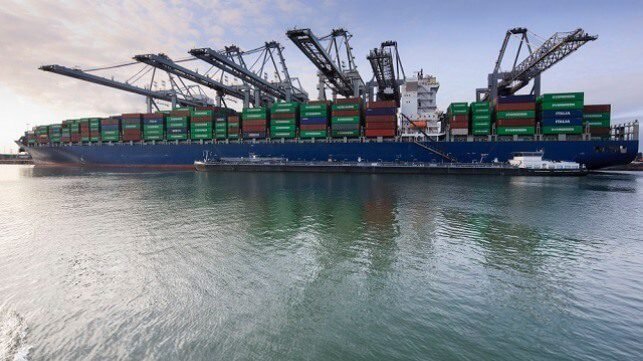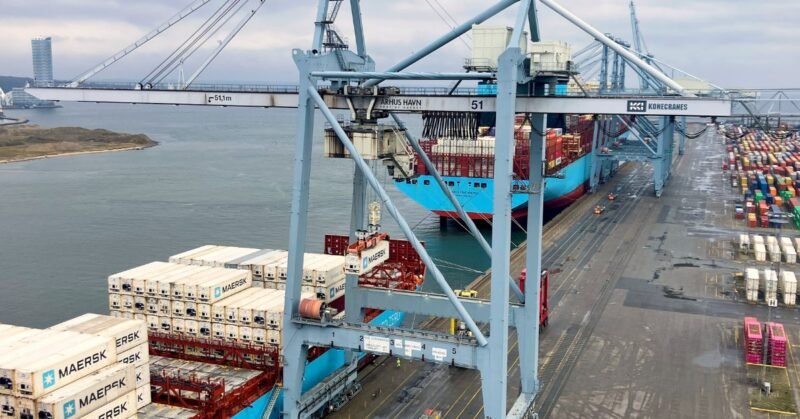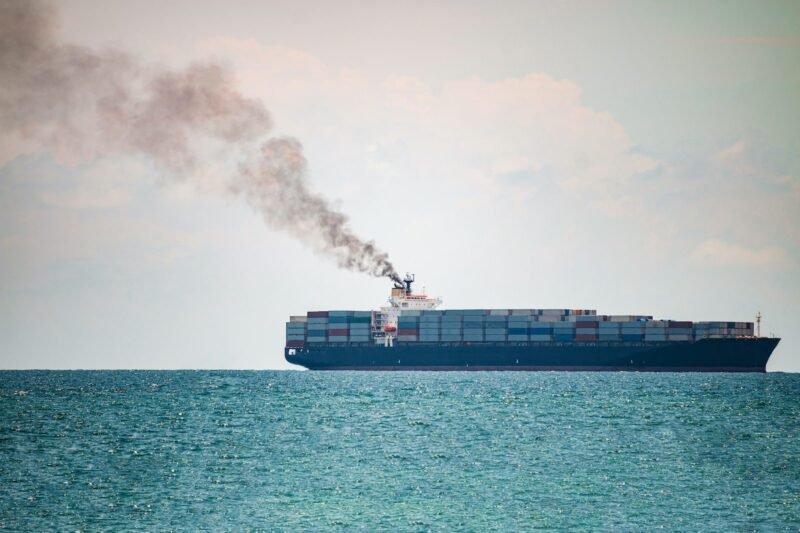The Sea-Intelligence end-of-year report for 2024 revealed that containership schedule reliability remained consistent throughout the year, hovering around 50%-55%. This was a slight decrease from the previous year, with schedule reliability down by 3.0 percentage points in December 2024. Despite challenges such as diversions away from the Red Sea and longer travel times, the industry managed to maintain a yearly average of 53 percent, slightly below the six-year average of 55 percent.
Among the top carriers, Maersk stood out as the only one with over 60 percent schedule reliability in December 2024. The company was working on implementing a new route system as part of the Gemini Cooperation with Hapag-Lloyd, aiming to exceed 90 percent schedule reliability. The industry also saw a reduction in the days behind schedule in December 2024, with an average delay of 5.43 days for the year, an improvement from previous years.
Looking ahead to 2025, the industry faces uncertainties regarding a potential return to the Red Sea routes. Major carriers like Maersk, MSC, and CMA CGM are cautious about switching back to their normal routes due to security concerns. Analysts predict that a return to the Red Sea routes could lead to excess capacity and a collapse in container shipping prices. Despite the challenges of 2024, the industry has shown stability and resilience, preparing for whatever obstacles may arise in the coming year.


